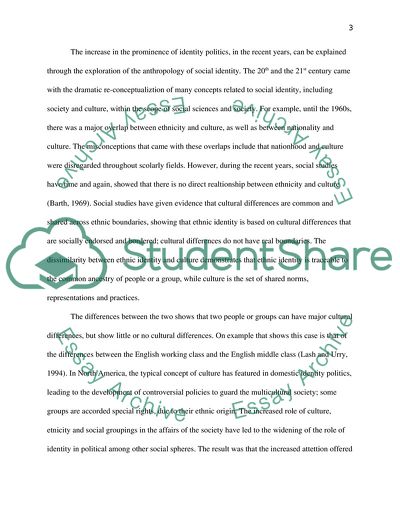Cite this document
(Ideology and Action in the Political Organization Essay Example | Topics and Well Written Essays - 1500 words, n.d.)
Ideology and Action in the Political Organization Essay Example | Topics and Well Written Essays - 1500 words. https://studentshare.org/history/1817678-why-has-identity-politics-grown-in-prominence-in-recent-years
Ideology and Action in the Political Organization Essay Example | Topics and Well Written Essays - 1500 words. https://studentshare.org/history/1817678-why-has-identity-politics-grown-in-prominence-in-recent-years
(Ideology and Action in the Political Organization Essay Example | Topics and Well Written Essays - 1500 Words)
Ideology and Action in the Political Organization Essay Example | Topics and Well Written Essays - 1500 Words. https://studentshare.org/history/1817678-why-has-identity-politics-grown-in-prominence-in-recent-years.
Ideology and Action in the Political Organization Essay Example | Topics and Well Written Essays - 1500 Words. https://studentshare.org/history/1817678-why-has-identity-politics-grown-in-prominence-in-recent-years.
“Ideology and Action in the Political Organization Essay Example | Topics and Well Written Essays - 1500 Words”. https://studentshare.org/history/1817678-why-has-identity-politics-grown-in-prominence-in-recent-years.


